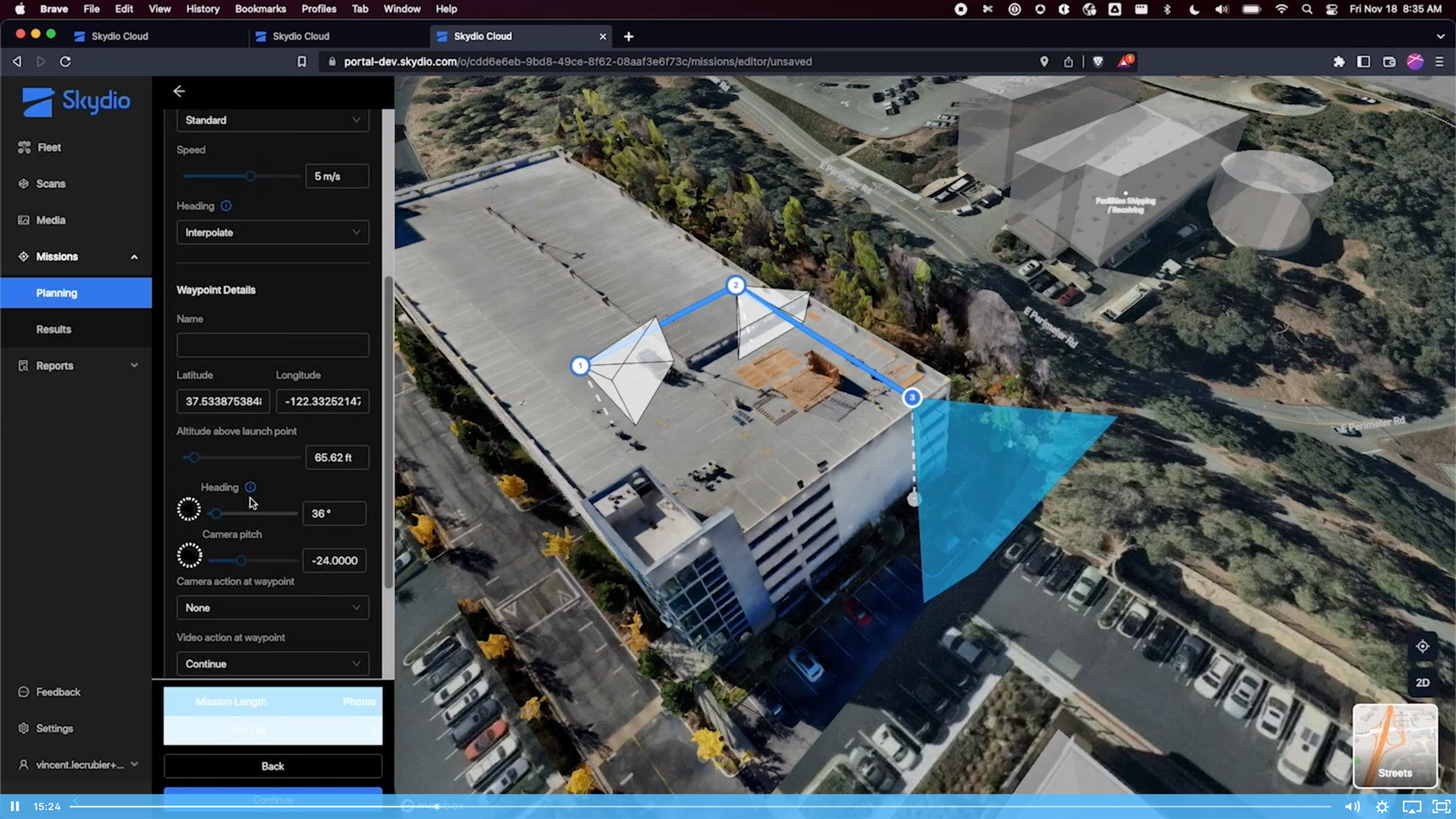
America's leading consumer drone company DJI is once again under fire in the US Government as 16 senators ask for an investigation, telling the Cybersecurity and Infrastructure Security Agency that DJI "may present an unacceptable security vulnerability." The bi-partisan group of signatories to the letter is headed by Mark R Warner (Democrat, Virginia) the Chair of the Senate's Select Committee on Intelligence.
DJI is the world's largest consumer drone manufacturer, with a reported 70% of the market in 2022 (and taking many spots on our list of the best camera drones). It is, however, based in China, the target of a steady uptick of political hostility in the United States.
DJI was put on an 'Entity List' by the US Department of Commerce in December 2020, after already being placed on a Treasury Department investment blacklist. This was done on the slightly vague grounds that DJI drones had been used by the Chinese authorities in the surveillance of ethnic Uyghurs, a Turkish minority in China. The US has identified actions against this group as human rights abuses, and it is known that DJI drones are used by the police in Xinjiang province.
As it transpired this didn't affect DJI's ability to sell into the US, although their share of the commercial drone market dropped in 2021. In October of that same year FCC commissioner Brendon Carr also called for DJI to be placed on the FCC's 'Covered List'. The media were told, "DJI drones are collecting vast troves of sensitive data on Americans and US critical infrastructure, potentially operating as a Huawei on wings."
A place on the Covered List would prevent DJI devices from being used by recipients of US government funding for operating telecoms gear – a large market for surveyors.
The US Department of Defence has also blacklisted DJI for its own spending, calling DJI a "Chinese Military Company." At the time DJI responded, saying "DJI has always opposed combat use Of civilian drones and is not a “Chinese military company." They did note, however, that they couldn't control how drones were sold, and in any case, it seems clear hostility is growing.

The Senators' letter, however, didn't really offer anything new by way of evidence. It referenced known figures on DJI's market share, before going on to suggest “[T]he widespread use of DJI drones to inspect critical infrastructure allows the CCP to develop a richly detailed, regularly updated picture of our nation’s pipelines, railways, power generation facilities, and waterways.” (This quote is based on an almost laughably flimsy 2017 report publically available on the US Public Intelligence site.)
What Jen Easterly, the Director of the CISA (Cybersecurity and Infrastructure Security Agency) chooses to do next has yet to be seen, but we'll keep you posted. In the meantime, if you're working with the US government it might well be worth looking at drones with more domestic heritage, like the Skydio.
• See our review of the Skydio 2+
Senator Warner, incidentally, hasn't just been targeting DJI. He – and some of the same Senators – yesterday made a press release questioning the reliability of TikTok CEO Shou Zi Chew. He is supporting a piece of legislation, the RESTRICT Act, designed to make it easier for US government agencies to 'address foreign ICT threats,' citing Huawei and China specifically in the Bill summary.







